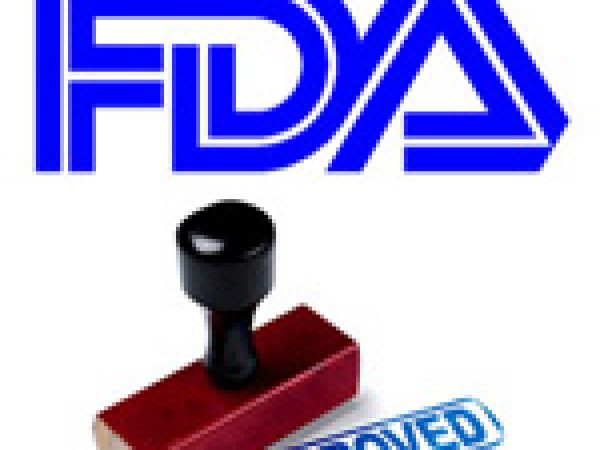FDA Expands Use of Molecularly Targeted Therapeutic for Lung Cancer
The U.S. Food and Drug Administration (FDA) recently approved the use of molecularly targeted therapeutic afatinib (Gilotrif) for treating patients with metastatic squamous non–small cell lung cancer (NSCLC) that has progressed despite treatment with a platinum-based chemotherapy. It was previously approved by the FDA for all forms of NSCLC driven by certain mutations in the EGFR gene.

Lung Cancer Cell. It is anticipated that there will be 224,390 new cases of lung cancer diagnosed in the United States in 2016.
Squamous NSCLC accounts for about one in every four cases of lung cancer diagnosed in the United States. It is the second most common subtype of NSCLC. About 25 percent of patients with any form of NSCLC have tumors that are fueled by EGFR gene mutations, with exon 19 deletion and exon 21 L858R mutation accounting for the majority of these mutations. In recent years, the FDA has approved three EGFR-targeted therapeutics—afatinib, erlotinib (Tarceva), and gefitinib (Iressa)—for treating patients with advanced NSCLC fueled by either the exon 19 deletion and exon 21 L858R mutation, as detected using an FDA-approved companion.
As discussed previously on this blog, research has shown that most squamous NSCLCs have high levels of the protein EGFR on their surface, even if they do not have EGFR mutations. As a result, several EGFR-targeted therapeutics are approved to treat patients with this form of lung cancer, either as part of the patient’s initial treatment regimen or following disease progression.
In the randomized, phase III clinical trial that led to the approval of afatinib for treating patients with squamous NSCLC—LUX-Lung8—afatinib was found to improve overall survival and progression-free survival compared with erlotinib. The initial results, which were published in The Lancet Oncology in 2015, showed that median overall survival among patients assigned afatinib was 7.9 months compared with 6.8 months among patients assigned erlotinib.
This FDA approval adds another therapeutic to the armamentarium for oncologists treating patients with squamous NSCLC. However, with the five-year relative survival rate for all lung cancers estimated to be just 18 percent, we hope to hear about further progress in the future.



